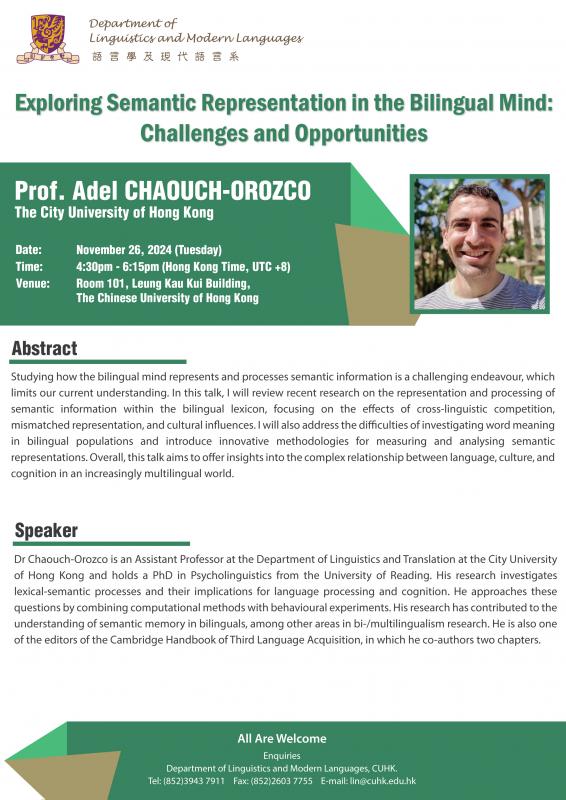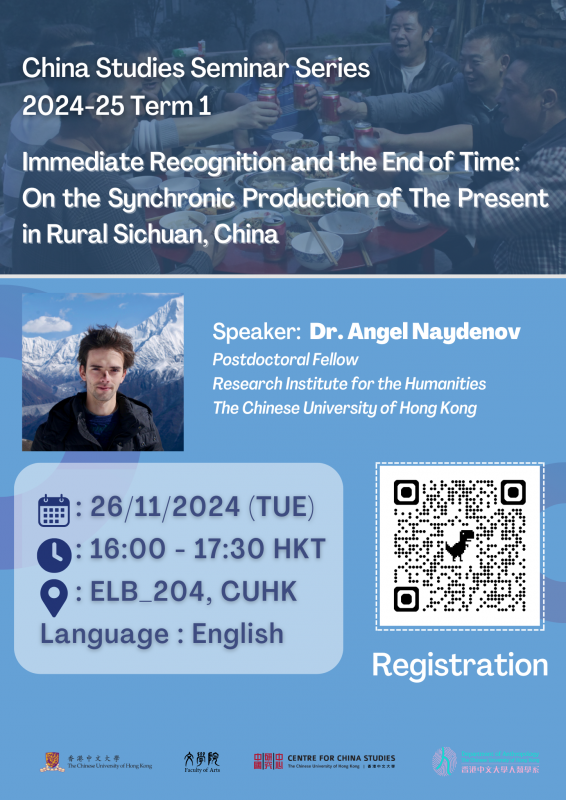Taehong Cho is a Professor of Linguistics and holds the Baikman Distinguished Professorship at Hanyang University, Seoul, Korea. He also serves as the Director of the Hanyang Institute for Phonetics and Cognitive Sciences of Language (HIPCS). He earned his PhD in Linguistics from UCLA in 2001, and then spent four years as a Scientific Staff Researcher at the Max Planck Institute for Psycholinguistics in the Netherlands, before joining the faculty at Hanyang University in 2005. His research primarily focuses on two areas: the language specificity and phonetic universals, and the linguistic functions of prosodic structurally-driven fine phonetic detail in speech production and perception across languages. He is the current Editor-in-Chief of the Journal of Phonetics, a Book Series Editor for Studies in Laboratory Phonology, an Editorial Board Member of Laboratory Phonology, and the Secretary of the Association for Laboratory Phonology. He has received several accolades, including the HYU Distinguished Research Award in 2016, and the Baiknam Distinguished Professorship in 2023, and was named a Highly Cited Researcher in 2018. Currently, he is the Principal Investigator of a six-year government-funded research project titled 'Dynamics of speech production and perception of 21st century Korean and the globalization of Korean through articulatory DB construction' (with a budget of ca. 1,500,000 USD).
This talk is founded on the theoretical view that prosodic structure is a crucial linguistic component underpinning the speech encoding-decoding process in communication, as suggested by several studies (e.g., Keating & Shattuck-Hufnagel, 2002; Fletcher 2010; Cutler 2012; Cho 2016, 2021). Prosodic structure, in this context, refers to the abstract organizational framework that provides delimitative and culminative functions, shaping the grouping and prominence of phonological units (e.g., Shattuck-Hufnagel & Turk, 1999). Recent laboratory research has focused on how this abstract prosodic structure is reflected in low-level phonetic phenomena, particularly around three prosodically strong positions: domain-initial and domain-final positions, and prominent (stressed/focused) syllables. These positions are considered key elements of prosodic structure. It has become increasingly clear that speakers distinctively mark each of these prosodic positions with phonetic strengthening, thereby delineating the hierarchically-nested prosodic structure in speech utterances. This suggests that much of the variation in speech, which might seem random, is actually a result of systematic modulation by the prosodic structure. Therefore, understanding the mechanisms of speech production and perception in any language requires an appreciation of the interplay between speech production/perception and prosodic structure.
In the first part of this talk, I will review phonetic events that signal prosodic structure, particularly focusing on the phonetic encoding of prosodic structure with a special emphasis on Korean (e.g., Cho, Kim & Kim, 2019; Choi, Kim & Cho, 2020; Joo, Kim & Cho, in preparation; cf. Cho, 2021). Given that prosodic structure is marked by fine-grained yet systematic phonetic details in speech production, the subsequent question is the role of prosodic structure in speech comprehension, specifically the (perceptual) phonetic decoding of prosodic structure. In the second part, I will discuss the influence of prosodically conditioned phonetic variation on speech perception, showcasing studies in Korean and complementing them with findings in other languages (e.g., Cho, McQueen & Cox, 2007; Kim & Cho, 2013; Mitterer, Cho & Kim, 2016; Kim, Cho & Mitterer, 2018; Tremblay, Cho, Kim & Shin, 2019).
The talk will conclude with an overview of a model that potentially explains how speakers fine-tune or control speech production in relation to prosodic structure and other higher-order linguistic structures, including phonological, syntactic, and informational structures. It will also touch on how listeners utilize the acoustic correlates of this prosodic strengthening for word recognition.
Department of Linguistics and Modern Languages
The Chinese University of Hong Kong
Tel: 852-3943 7911 Fax : 852- 2603 7755


